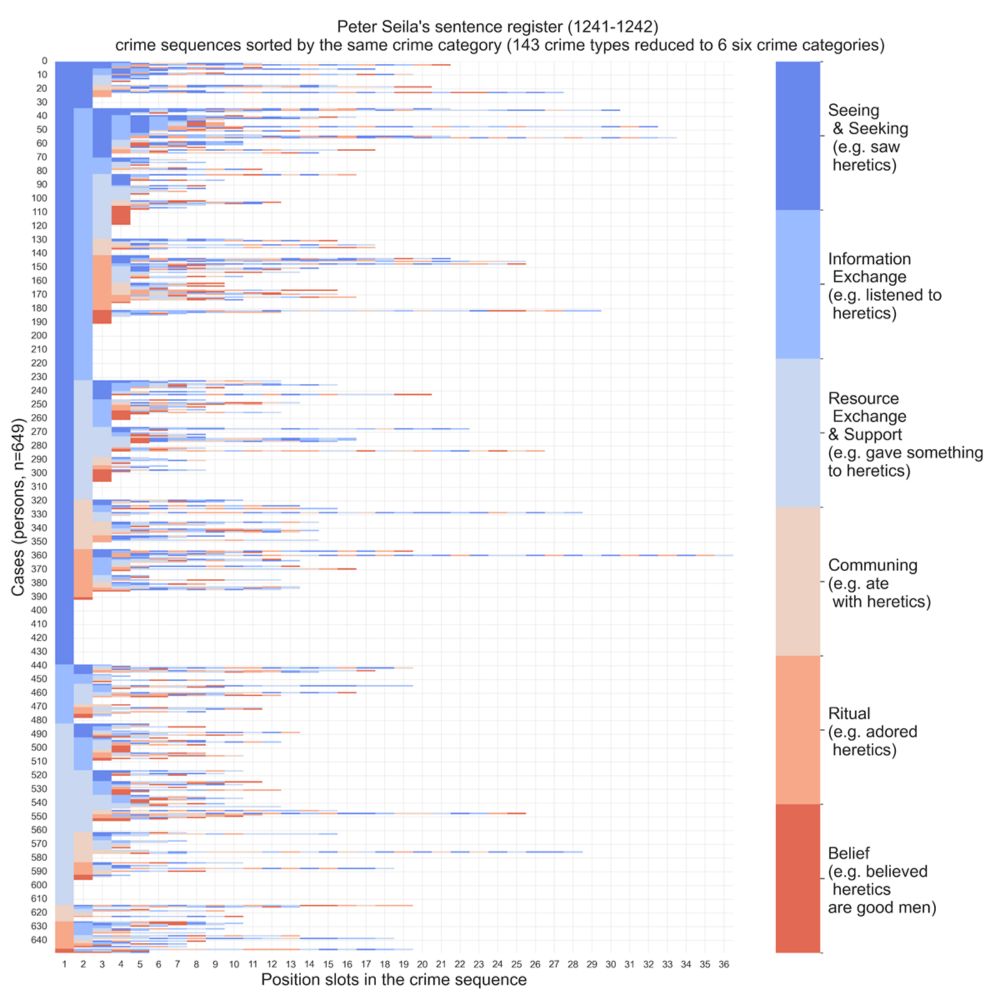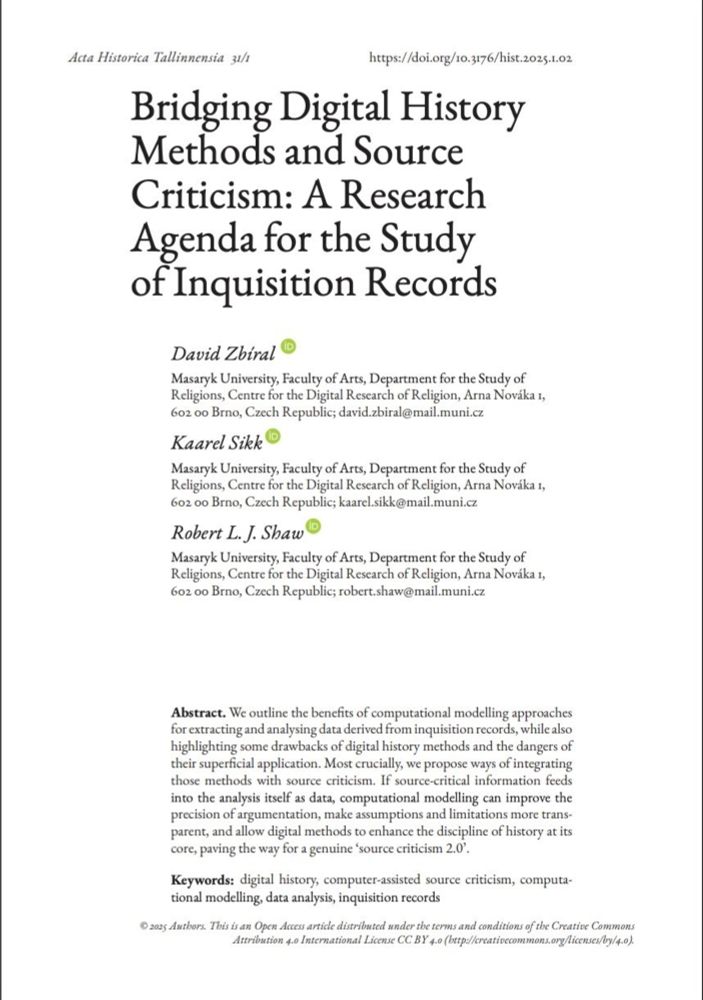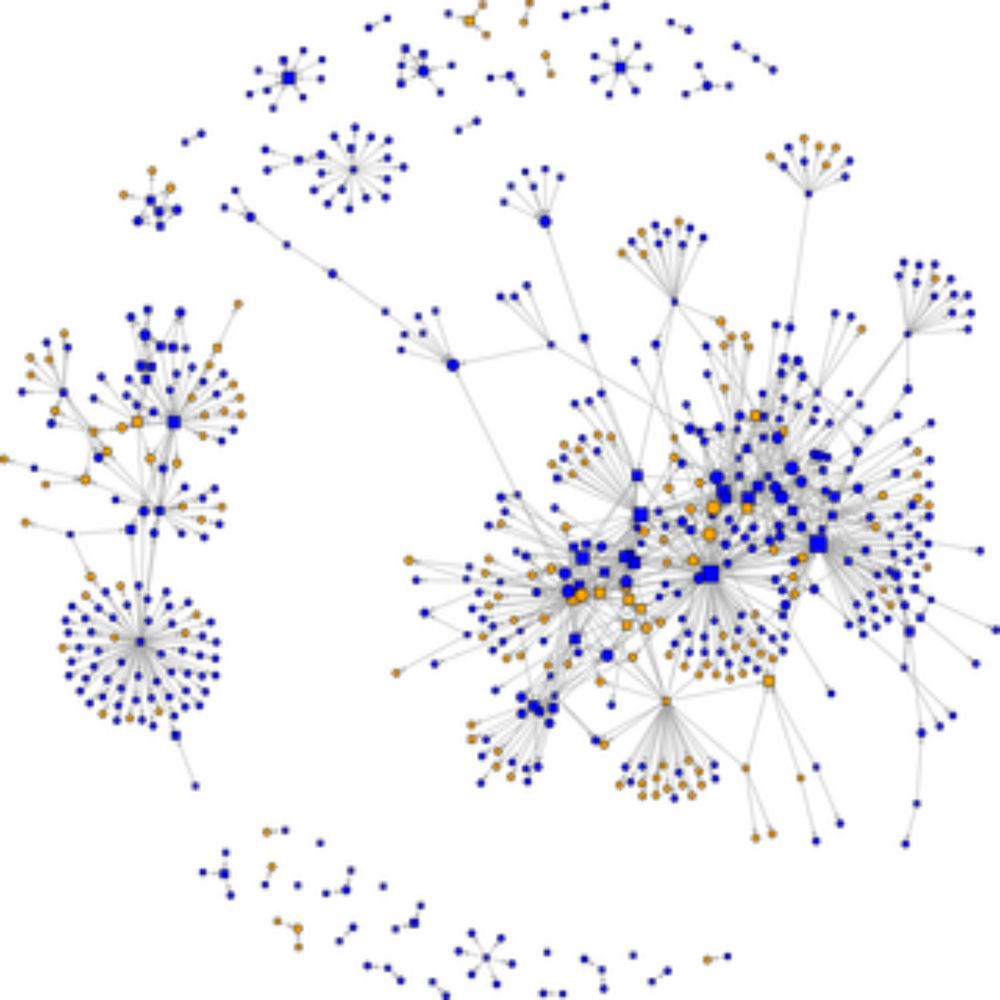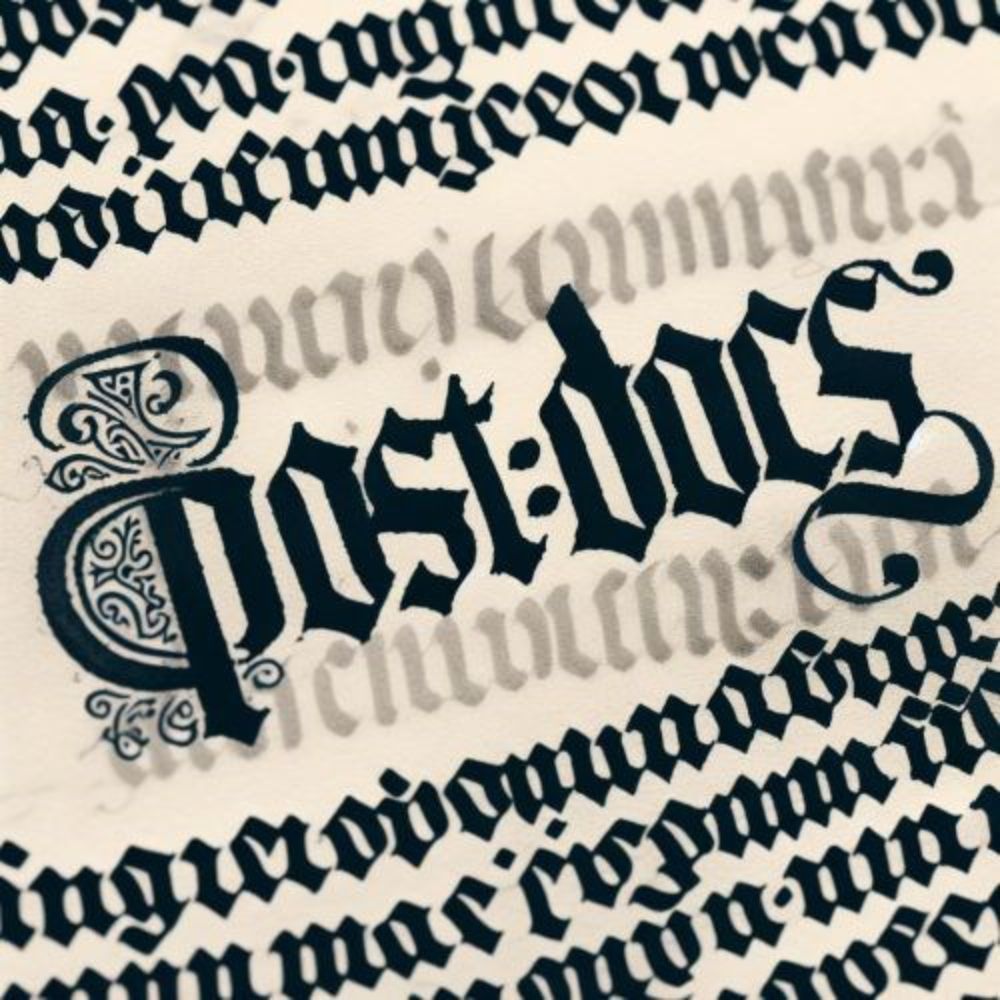Reminder: join us tomorrow at 🕓 4 pm CET!
28.05.2025 12:28 — 👍 0 🔁 0 💬 0 📌 0
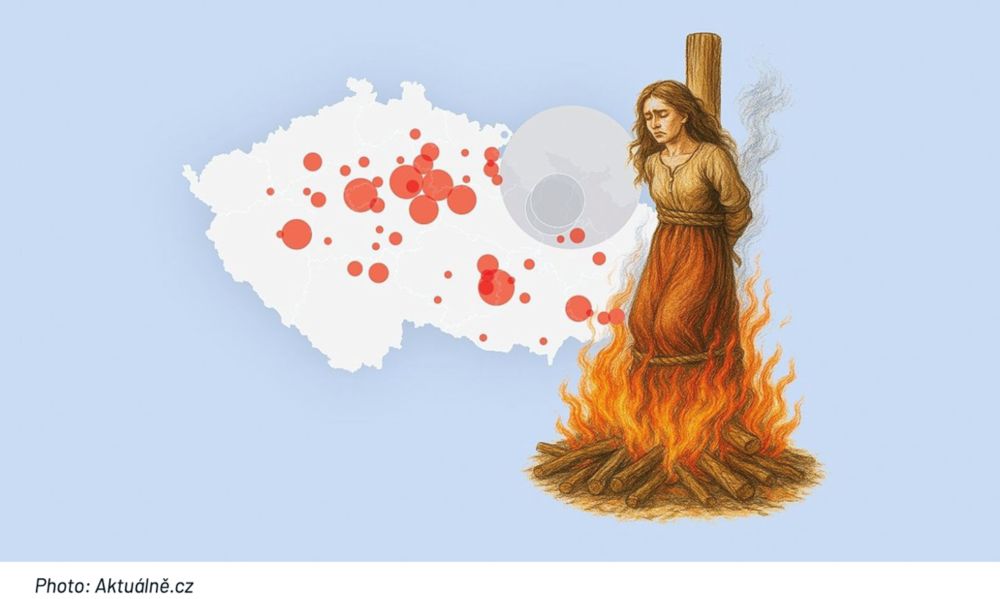
DISSINET Data on Witchcraft Trials featured on Aktuálně.cz
Our comprehensive dataset of witchcraft trials in Czech lands has been utilised by the popular online publication Aktuálně.cz to create a new map.
The popular online publication Aktuálně.cz has used our comprehensive dataset of witchcraft trials in Czech lands to create a new map! Their article also features several other helpful visualisations and findings based on our data. Click here to read more: dissinet.cz/news/article...
27.05.2025 19:12 — 👍 3 🔁 1 💬 0 📌 0
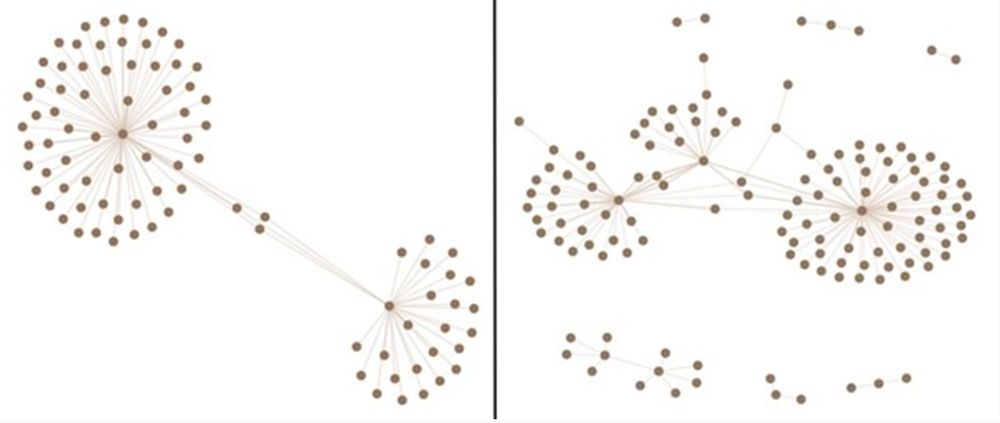
If you are interested in the study of generative network models, join us next week on 29 May for a talk by Daniel Gotthardt of the University of Hamburg, who will present on "Analyzing non-local influence processes in dynamic networks". Click here for the Zoom link: dissinet.cz/news/events-...
22.05.2025 17:55 — 👍 3 🔁 1 💬 0 📌 1
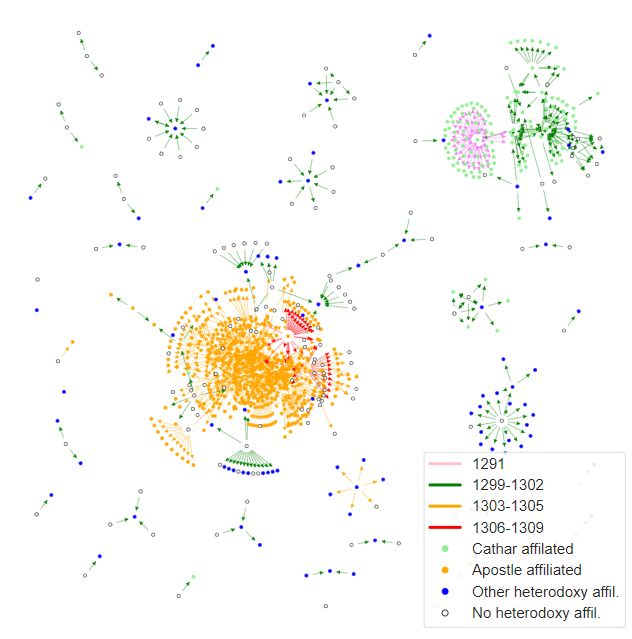
Did the people investigated by the inquisition in Bologna form a few cohesive communities, or are they better understood as many small groups or individuals who drew the attention of the inquisitors separately?
To find out, take a look at our most recent data snapshot! dissinet.cz/data-snapsho...
22.04.2025 15:58 — 👍 7 🔁 4 💬 0 📌 0
Only one more day left to apply!
14.04.2025 16:32 — 👍 1 🔁 1 💬 0 📌 0
The deadline is tomorrow!
14.04.2025 13:17 — 👍 0 🔁 0 💬 0 📌 0

Medieval anti-heretical hate speech: Funded Ph.D. opportunity
DISSINET is offering support to M.A. graduates applying for fully funded Ph.D. studies focusing on medieval anti-heretical hate speech using digital and quantitative methods. Send us a preliminary res...
DISSINET is offering support to M.A. graduates applying for fully funded Ph.D. studies on medieval anti-heretical hate speech using digital and quantitative methods. Go to dissinet.cz/news/article... to find out more. Proposals are due 15 April 2025! Please share with anyone who might be interested.
31.03.2025 16:48 — 👍 4 🔁 3 💬 1 📌 3
Our principal investigator @davidzbiral.bsky.social and research fellow K. Suba recently investigated the Cathar practice of endura. The results are available as a pre-print on Zenodo: zenodo.org/records/1373....
31.03.2025 15:11 — 👍 3 🔁 1 💬 0 📌 1
Official account for the medieval history subject group at the University of Cambridge. Posting about all things medieval
Index Theologicus
Open Access Bibliographie für Theologie und Religionswissenschaft
International Bibliography of Theology and Religious Studies
https://ixtheo.de
Fachinformationsdienst Theologie, UB Tübingen
Impressum: https://ixtheo.de/Content/Impressum
Sociologist at @flu-cas.bsky.social / @czechacademy.bsky.social interested in computational approaches to science, culture, knowledge, and communication. #rstats
@requal.bsky.social developer
Digital Humanities | NLP | Computational Theology
Now: Institute for Digital Humanities, University of Göttingen.
Before: Digital Academy, Göttingen Academy of Sciences and Humanities.
Before Before: The list is long...
Classicist · Comparatist · Digital Humanities · Junior Research Group Leader @uni-wuerzburg.de · @dracor.org | my own opinion
Banner © Verlag Antike, https://doi.org/10.13109/9783911065115
Corpus Linguist, Discourse Analyst, Victorianist, Climate Science & Climate Discourse, Host of the Life & Language podcast
https://michaelamahlberg.com/
Assistant Professor of religious studies at the University of Szeged, Hungary. Lived in 7 cities and 5 countries in the EU, now based in Szeged/Budapest.
Author of Roman religion in the Danubian provinces (2022) and Sanctuaries of Roman Dacia (2018)
Historian and (digital) humanist, writing book on the Iberian origins of 1619 and slavery in early Anglo-America
PhD student, History, Princeton | 18th c/Revolutions, digital humanities | alumn Ecole des Chartes & Paris 1 | agrégé d'Histoire
PhD Medieval History, University of Cambridge • liturgy as history • medieval manuscript enjoyer • they/them
https://urbanhistorygroup.wordpress.com/ We organise biennial conferences and occasional talks to promote the study of Urban History in the UK. Established in 1966 and now working with the Pre-Modern Towns Group on our conference in September 2025
Research Integrity Facilitator at King's College London. Author 'The Invention of Papal History' (Oxford University Press) http://bit.ly/PapalHistory. Historian interested in fakes and forgeries. Bsky since 23/10/23
Medieval historian: religion, cities, heresy, intolerance, inquisition, environment, medievalism. Assistant Professor (Career-Track), Washington State University, Pullman. Views my own. he/him.
Professor of history @uclhistory.bsky.social + co-convenor @anthropoceneucl.bsky.social. Editor at @enghistrev.bsky.social.
Institutions, rationalities, environments, mostly medieval.
https://tinyurl.com/2p8r9yeh + https://www.ucl.ac.uk/anthropocene/.
Institute of Medieval and Early Modern Studies: a home for innovative interdisciplinary research from the medieval to the early modern in a World Heritage Site.
Prof. Dr., medieval history, history of religions, transcultural/global Middle Ages, fed up with X,
Official account of the Social Science History Association. Supporting social science history since 1974, we host an annual meeting and publish a journal. More about us can be found at www.ssha.org
Founded in 1929 by Marc Bloch and Lucien Febvre
Presenting the most innovative research in the field of history and social sciences.
👉 https://www.cambridge.org/core/journals/annales-histoire-sciences-sociales
👉 https://shs.cairn.info/revue-annales
History, literature, art history, philosophy, cultural heritage, museum studies, languages, and much more at CEU! A global department with students and faculty from more than 30 countries: https://historicalstudies.ceu.edu/
Tudor historian. Associate Fellow of the Royal Historical Society. Book History MA graduate. Pre-order ELIZABETH BOLEYN: https://thehistorypress.co.uk/publication/elizabeth-boleyn/

